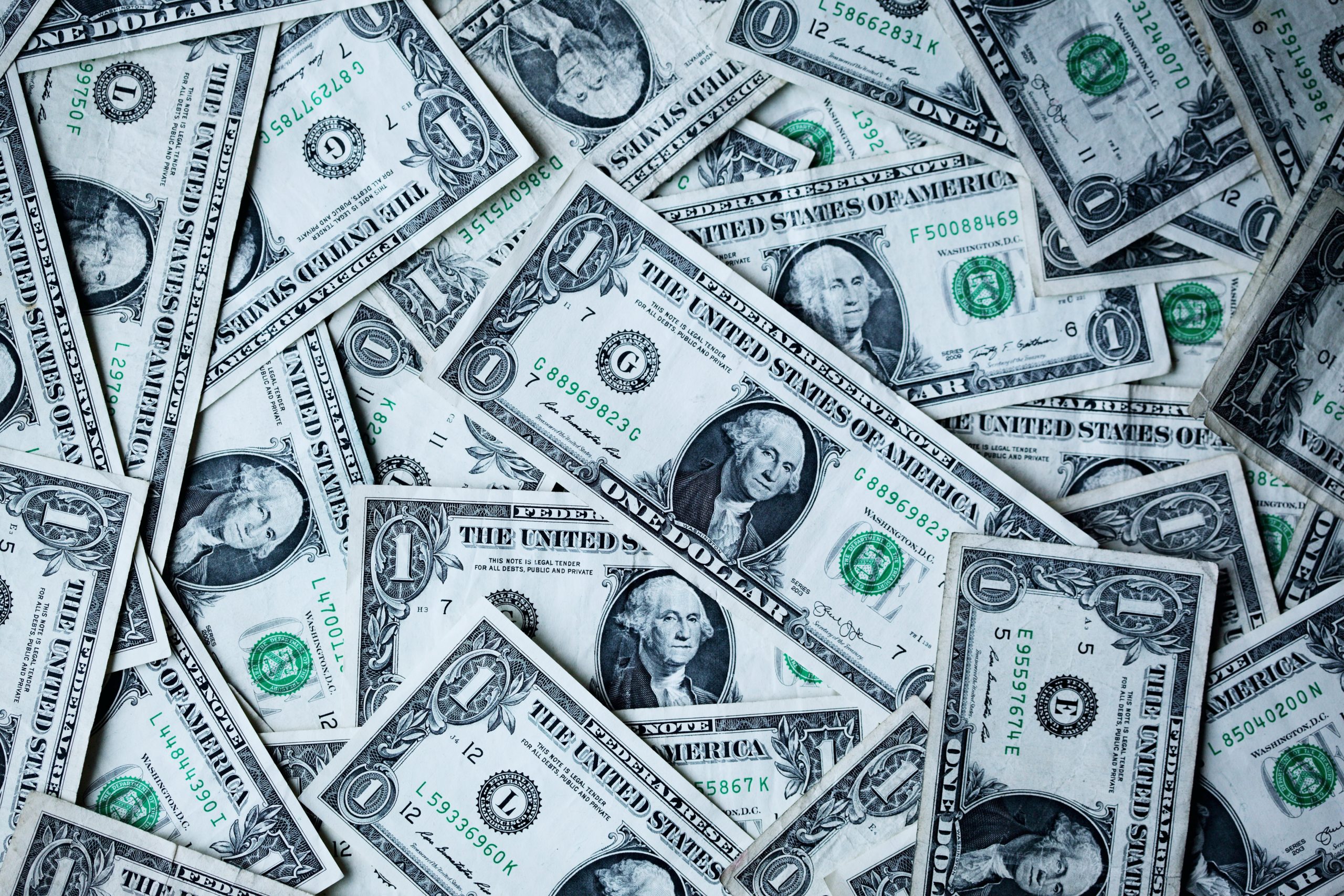FTX’s liquidators have recovered more than $5 billion worth of cash, liquid cryptocurrencies and liquid investment securities.
In a hearing on Wednesday reported by CoinDesk, a bankruptcy attorney for the crypto exchange told the court that the $5 billion in assets recovered did not include the $425 million worth of crypto in the custody of the Bahamas Securities Commission.
Adam Landis, an attorney from Landis Rath & Cobb representing FTX, said there was still a missing sum owed to customers. While this amount remains unclear, the confirmed recovery of some of these missing assets will likely be a big win for creditors, considering FTX claimed it could only locate a little over $1 billion in assets as of last month.
Some of the recovered assets include dozens of illiquid crypto tokens which have not been ascribed any value, said Landis. This is because FTX’s illiquid token holdings are so large relative to those tokens’ total supply, that the exchange cannot sell its position without “substantially affecting the market for the token,” he said.
Landis also revealed that former FTX CEO Sam Bankman-Fried created a line of credit worth $65 billion from FTX to Alameda Research, instructing his colleague Gary Wang to create a “backdoor” pathway for Alameda to access FTX’s user funds without their permission or knowledge.
“We know what Alameda did with the money. It bought planes, houses, threw parties, made political donations. It made personal loans to its founders. It sponsored the FTX Arena in Miami, a Formula One team, the League of Legends, Coachella and many other businesses, events and personalities,” said Landis.
Most of these multi-million dollar deals are now dead in the water, with several big names cutting ties with FTX in light of the scandal surrounding its shocking implosion. The most recent addition to this list of lost sponsorship deals is the “FTX Arena” in Miami. A Florida judge revoked FTX’s naming rights to the Arena on Wednesday, Decrypt reported, after attorneys told the court that the $20 million deal was funded by Alameda Research.



